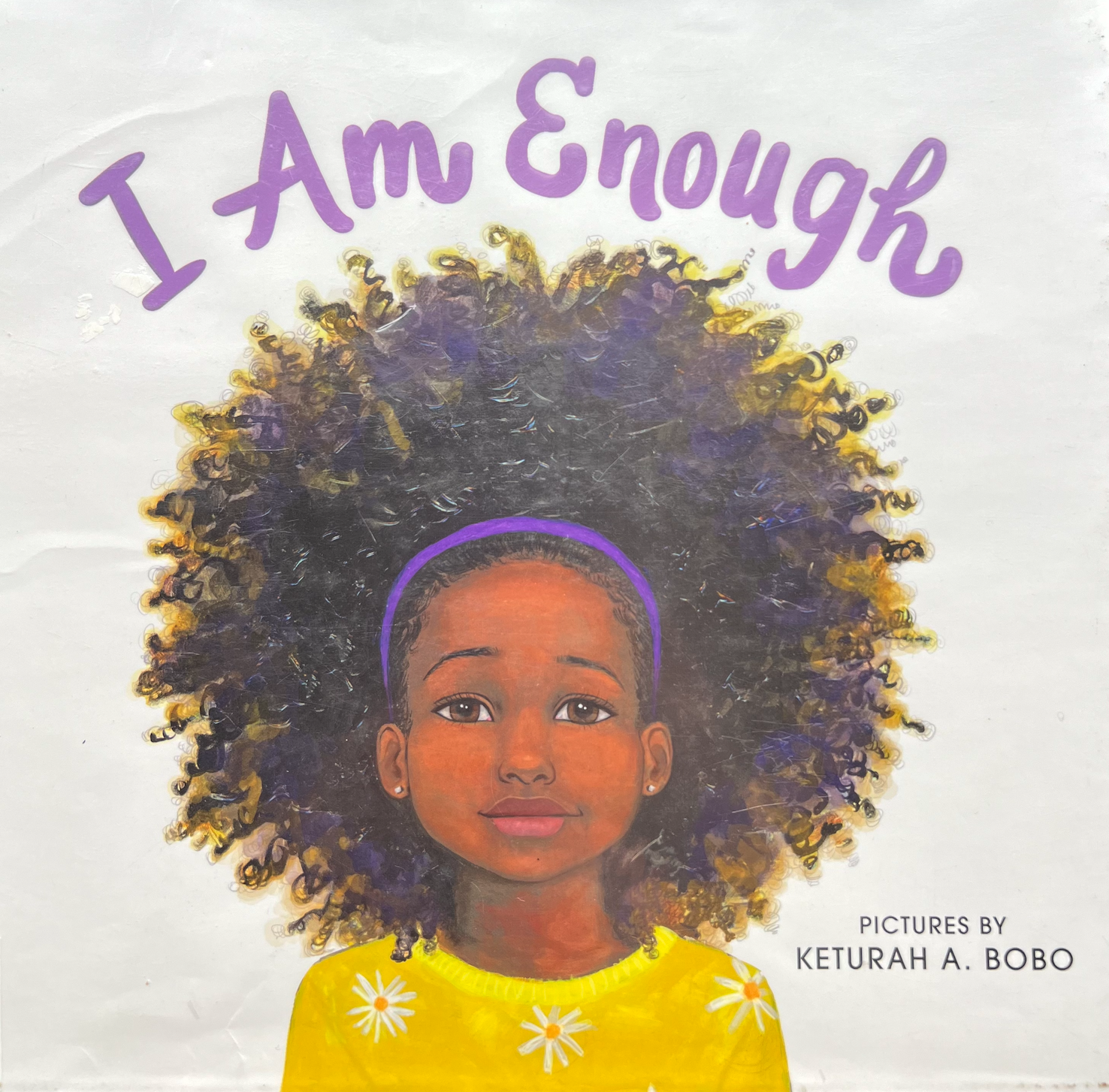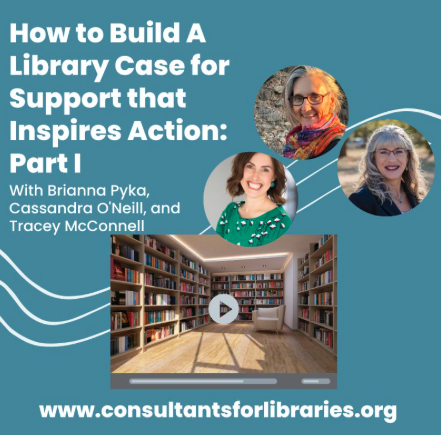5 Actions to Take After You Receive a 'No' from a Solicitation Meeting
- 4 mins
When you walk out of a solicitation meeting with a "no," your first instinct might be to feel defeated. But here's what experienced fundraisers know: a "no" isn't the end of your story with that prospect—it's often just the beginning of a different conversation.
The reality is that most major gifts don't happen on the first ask. In fact, research from the Association of Fundraising Professionals shows that 80% of major gifts require five or more meaningful interactions before a donor says yes. That initial "no" is simply part of the cultivation process, not a final verdict on your relationship with that potential supporter.
Your response to rejection can transform a closed door into a future opportunity. Here are five practical, relationship-building actions you can take immediately after receiving a "no" that will keep your library's mission alive in your prospect's mind and position you for future success.
1. Express Genuine Gratitude for Their Time and Consideration
Within 24 hours of your meeting, send a heartfelt thank-you note that focuses entirely on appreciation—not on changing their mind. Thank them for their time, for listening to your vision, and for their honest response. This isn't about being polite for politeness' sake; it's about demonstrating that you value them as a person, regardless of their giving decision.
Your gratitude should feel authentic and specific. Reference something they shared during your conversation that showed their connection to the community or their values. This approach accomplishes two critical things: it leaves them with a positive impression of you and your library, and it keeps the door open for future conversations.
Remember, donors give to organizations they trust and people they like. A gracious response to rejection builds both trust and likability, creating a foundation for future engagement that transcends any single ask.
2. Ask Thoughtful Questions to Understand Their Perspective
If the timing feels right during your meeting, gently explore the reasons behind their decision. Understanding the "why" behind their "no" provides invaluable insight that can inform your future approach—not just with them, but with similar prospects.
Perhaps they're already committed to other causes this year, or maybe your ask amount was outside their comfort zone. They might be interested in a different aspect of your library's work, or they could need more information about your organization's financial stability. Each piece of feedback is a gift that helps you refine your strategy.
Don't interrogate or pressure them to explain themselves. Instead, ask open-ended questions like "What would need to change for this to feel like the right fit?" or "Are there aspects of our work that resonate most with you?" Their answers will guide your next steps and help you understand how to better position future opportunities.
3. Provide Alternative Ways to Stay Connected
A "no" to your specific request doesn't mean they're uninterested in your library entirely. Offer meaningful alternatives that allow them to engage at their comfort level. Perhaps they'd be interested in attending a special event, joining a advisory committee, or receiving updates about specific programs that align with their interests.
This is where your knowledge of their values and motivations becomes crucial. If they mentioned a love of children's programming during your conversation, invite them to a story time or children's event. If they expressed concern about digital equity, share updates about your technology initiatives.
The goal is to keep them engaged with your mission in ways that feel valuable to them, not burdensome. Every positive interaction builds relationship capital that you can draw upon in future conversations. These alternative engagement opportunities also give you natural reasons to stay in touch without appearing pushy about funding.
4. Document Everything and Plan Strategic Follow-Up
Your prospect management system should capture every detail from this interaction. Record not just their decision, but the nuances of your conversation: their concerns, their interests, changes in their circumstances, and their preferred communication style.
This documentation serves multiple purposes. It ensures consistency if someone else from your team interacts with them in the future. It helps you identify patterns that might inform your approach with similar prospects. Most importantly, it allows you to craft personalized follow-up communications that reference your previous conversations naturally.
Plan your follow-up strategy thoughtfully. Don't disappear after their "no," but don't overwhelm them either. Mark your calendar for appropriate check-ins—perhaps a holiday card, an invitation to your annual report presentation, or a brief update when you achieve a milestone they expressed interest in. Research shows that it takes an average of 7-12 touchpoints before someone is ready to make a major gift commitment, so think of this as part of a longer-term cultivation strategy.
5. Leverage Their Networks and Insights
Even when someone can't support your library financially, they often possess valuable connections and knowledge that can benefit your fundraising efforts. If the relationship feels appropriate, consider asking for introductions to others who might be interested in your cause.
Frame this request carefully. Rather than asking "Who else should I ask for money?" try "Are there others in the community who share your passion for literacy?" or "Do you know other business leaders who might be interested in learning about our economic development initiatives?" This approach feels more collaborative and less transactional.
They might also have insights about the local philanthropic landscape, upcoming foundation deadlines, or community initiatives that could create partnership opportunities. Their perspective as a community member—even one who declined to give—can provide valuable intelligence for your broader fundraising strategy.
Additionally, consider whether they might be interested in making introductions or endorsements that don't require their financial support but could open doors with others. Sometimes a warm introduction or a positive word from a respected community member is worth more than a donation check.
Moving Forward with Confidence
Receiving a "no" can feel personal, especially when you're passionate about your library's mission. But remember that fundraising is fundamentally about matching donors' interests and capacity with your organization's needs and opportunities. A "no" simply means this particular match wasn't right at this particular time.
The most successful library fundraisers understand that relationship building is a marathon, not a sprint. They know that today's "no" might become tomorrow's "yes" as circumstances change, as prospects learn more about their organization, and as trust deepens through continued engagement.
By responding to rejection with professionalism, curiosity, and strategic thinking, you're not just handling this one situation gracefully—you're building the skills and relationships that will serve your library's fundraising efforts for years to come. Every interaction, whether it results in an immediate gift or not, is an opportunity to advance your mission and strengthen your community connections.
Your library deserves sustainable funding, and sometimes the path to that support requires patience, persistence, and the wisdom to see beyond a single conversation. Keep building those relationships, one meaningful interaction at a time.




